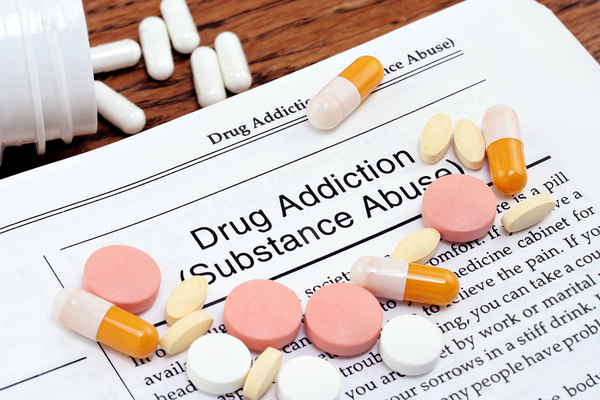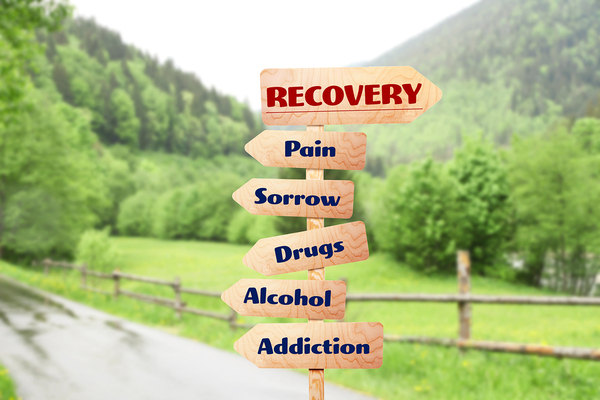Much is said about the state of substance abuse in the United States. But how much of it is just talk, and how much is fact? The recent Surgeon General addiction report on alcohol, drugs, and health, “Facing Addiction in America,” sheds important light on the subject. Here’s a closer look at six key insights that can help all Americans tackle the substance abuse epidemic and move toward healthier and more fulfilling lives.

What’s the latest on addiction in the U.S.? The Surgeon General weighs in.
1. Substance abuse is rampant in the U.S.
According to figures shared in the report, 66.7 million people in the U.S. reported binge drinking over the past month, while 27.1 million people were currently using illicit drugs or misusing prescription drugs.
While stats may change from time to time, the reality is that massive numbers of people are abusing illicit substances, and millions more are susceptible to starting.
2. The outcomes of substance abuse are far-reaching.
We’re already aware that substance abuse takes a toll, but just how much? According to the report, “The accumulated costs to the individual, the family, and the community are staggering and arise as a consequence of many direct and indirect causes, including compromised physical and mental health, increased spread of infectious disease, loss of productivity, reduced quality of life, increased crime and violence, increased motor vehicle crashes, abuse and neglect of children, and health care costs.”
Most devastating of all, however? The deaths associated with substance abuse: One in 10 deaths among working adults is now linked with alcohol use, while 2015 saw all-time highs for drug overdose deaths involving opioids, including both prescription pain relievers and heroin.
3. It’s not all bad news.
While substance misuse and substance use disorders are serious problems with potentially devastating consequences, progress is being made. In addition to research and technology, which offer a better understanding of the link between substance abuse, brain chemistry, and human capacity for self-control, there have also been advancements in programs aimed at treating substance abuse and supporting recovery.
Says U.S. Department of Health and Human Services Secretary Sylvia Mathews Burwell, “We now have many of the tools we need to protect children, young people, and adults from the negative health consequences of substance misuse; provide individuals with substance use disorders the treatment they need to lead healthy and productive lives; and help people stay substance-free.”

Families today have more hope than ever for winning the battle against addiction.
4. Still, awareness is imperative.
It can be all too easy to look the other way when it comes to substance abuse. However, this form of denial can lead to more deadly consequences. Because of this, experts stress the importance of awareness as a critical component in prevention, treatment, and recovery.
Says U.S. Department of Health and Human Services Substance Abuse and Mental Health Services Administration Principal Deputy Administrator Kana Enomoto, “There is an urgent need to raise awareness about the issue. At the same time, we need to spread the word that substance misuse and addiction are solvable problems. We can, and must, inspire and catalyze action on this crisis.”
5. Substance use disorder treatment programs are going mainstream.
The Surgeon General’s report also reveals that, while drug rehab treatment services in the past were typically reserved for people with severe substance abuse problems, “Today, individuals with mild to severe substance use disorders may receive treatment.”
In other words, you don’t have to fit the stereotype of the “down-and-out” addict in order to benefit from substance abuse treatment. In fact, earlier interventions can help “stop the addiction process before the disorder becomes more chronic, complex, and difficult to treat,” says the Surgeon General.
6. Recovery-oriented care supports positive outcomes.
While experts say the substance use disorders are similar to many chronic illnesses across measures including course, management, and results, many people living with substance use disorders are still not receiving the type of treatment likely to work best for them—specifically, Recovery-oriented Systems of Care.
Says the report, “Recovery-oriented Systems of Care (ROSC) embrace the idea that severe substance use disorders are most effectively addressed through a chronic care management model that includes longer term, outpatient care; recovery housing; and recovery coaching and management checkups.” Additionally, these programs address each individual’s unique characteristics, including everything from objectives and strengths to community resources to family support.

Recovery-oriented care offers a paramount path to getting your life back.
While the Surgeon General’s report may be “sobering” in its depiction of the addiction crisis in America, it also contains a message of hope: that change is possible and that, according to Burwell, “We can improve the health of those we love and make our communities healthier and stronger.”
We’re Here to Help
Contact us at Harris House today to take the first step.







